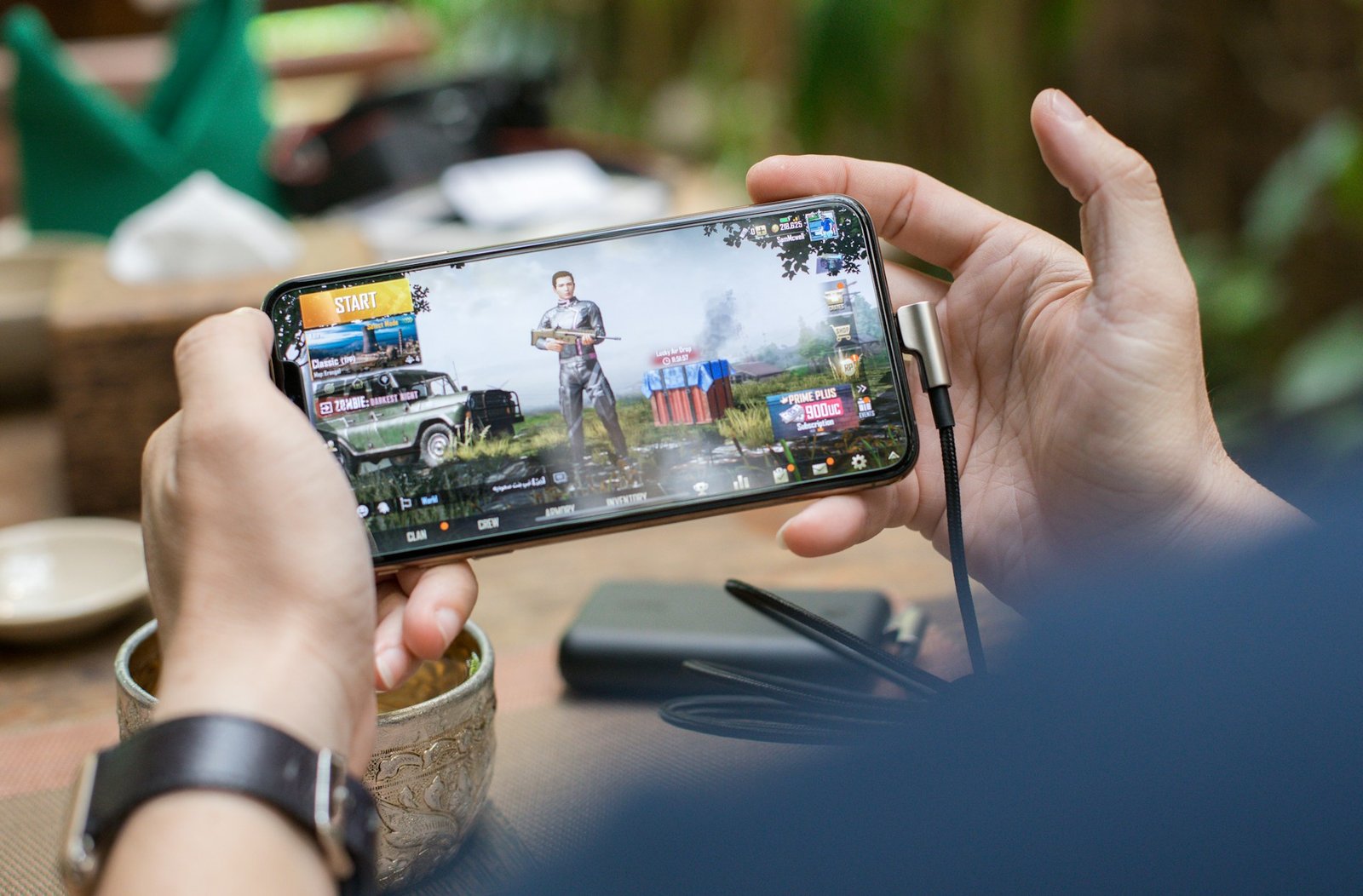Mobile gaming has grown into a $100 billion industry, attracting casual and hardcore players alike. Games like PUBG Mobile, Genshin Impact, and Call of Duty: Mobile prove that mobile devices can now deliver console-quality experiences. But is mobile gaming just a trend, or is it the future of gaming?
One major reason for mobile gaming’s success is accessibility. Unlike consoles or PCs, everyone owns a smartphone, making it easier for people to jump into gaming without expensive hardware. Free-to-play titles with in-app purchases also allow users to play without upfront costs, making them more appealing.
Advancements in mobile technology have also played a huge role. Powerful processors, 120Hz refresh rates, and cloud gaming services like Xbox Cloud Gaming and GeForce Now are closing the gap between mobile and console experiences. Some mobile games now support controller compatibility, making them feel even closer to traditional gaming.
However, mobile gaming has its downsides. Many free-to-play games rely on aggressive microtransactions and pay-to-win mechanics, frustrating players. Touchscreen controls also remain a limitation for certain genres, making games like first-person shooters or strategy games harder to play compared to PC or console.
Despite these issues, mobile gaming is here to stay. With 5G networks improving online gaming, foldable phones enhancing screen space, and companies investing in mobile-first development, it’s clear that mobile gaming will continue to evolve. While it may not replace consoles or PCs entirely, it will undoubtedly remain a major force in the gaming industry.


















Happy
True